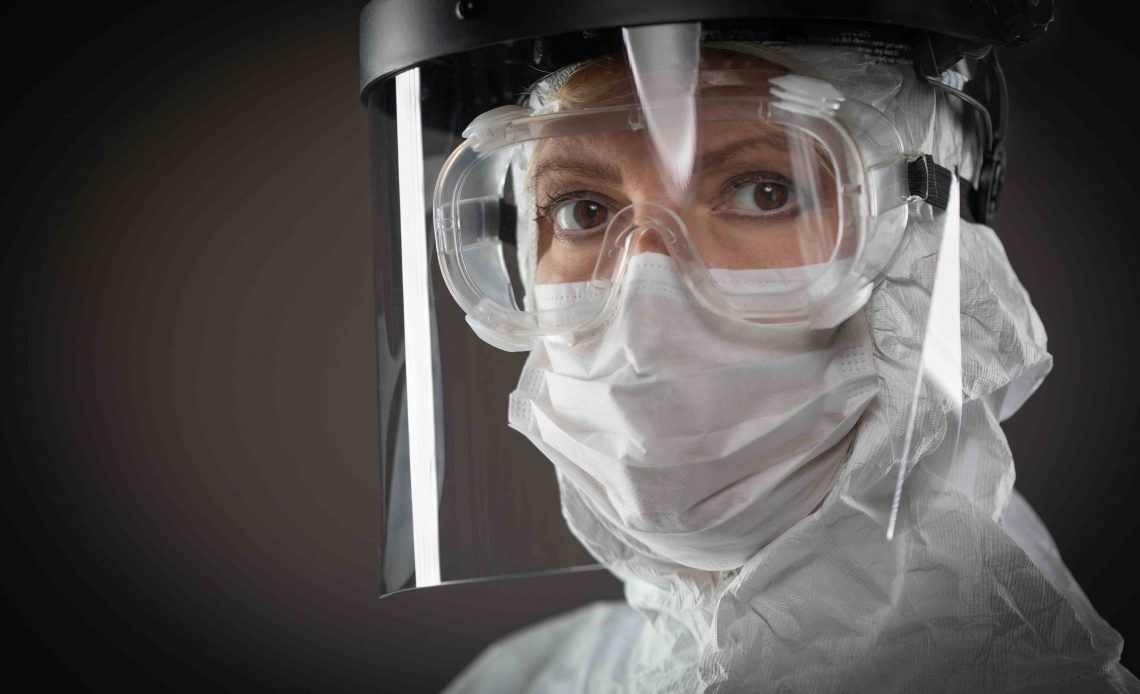Nurses’ Dissatisfaction with Ebola Safety Standards Heightens; Strikes Enacted

Nurses are making their dissatisfaction with hospitals’ Ebola safety measures heard. On November 11, approximately 18,000 nurses employed by Kaiser Permanente-owned hospitals and clinics in Northern California went on strike. Another 800 nurses employed by other Northern California hospitals also went on strike, and 400 nurses at a Washington, D.C. hospital will also went on strike on November 12, Global Ebola Awareness Day. Efforts were successful for California nurses, who have since won the enactment of regulations requiring hospitals within the state to provide better Ebola safety training and gear for workers. The striking nurses are members of National Nurses United (NNU), a 190,000-strong labor union that has been outspoken about their desire for better safety equipment and training for nurses in preparation for dealing with the virus.
Concern for nurses’ safety increased last month when news broke that two Dallas nurses, Nina Pham and Amber Vinson, contracted the virus after treating Thomas Eric Duncan, the first person to die from Ebola in the United States. After treatment, both nurses are now Ebola-free. The spread of the infectious disease to the nurses highlighted the importance of proper medical safety gear and safety procedures. An official with direct knowledge of the case stated that there were “inconsistencies” in the type of personal protective gear Nurse Pham wore and with the procedure she followed when putting on and removing the gear. However, NNU President Deborah Unger has identified the Dallas hospital’s failure to establish a set of safety rules and standard procedures for dealing with Duncan as a potential cause of the infections.
Members of the NNU have criticized what they see as efforts to blame nurses for such instances of the virus’ spread. They hold hospitals accountable for failing to provide nurses with appropriate gear and adequate training on how to use it. Those staging the strike are calling for powered air-filtration masks and full-body hazmat suits to be available at all of the nation’s hospitals and at the ready to be put to use should an Ebola patient arrive to seek treatment. Putting on and removing medical gear must be performed in a particular order to minimize the risk of infection, with, for example, pant legs needing to be tucked into boots. Full-body suits would potentially minimize the number of steps nurses would be required to follow, thus minimizing the opportunities for risk-causing errors. Nurses are also upset about the lack of preparation they have been provided with. The striking NNU nurses have stated that the Kaiser-Permanente hospitals have failed to address these and other related concerns they have raised.
Since the first cases of Ebola were reported in the United States, much fear and paranoia has surrounded nurses and other medical professionals who work directly with infected patients. For instance, Doctors Without Borders nurse Kaci Hickox has created controversy by riding her bike outside in defiance of New Jersey’s mandatory 21-day quarantine order, despite the fact that she has tested negative for Ebola and is no threat to others. Given the climate of fear, nurses want to ensure not only that they are safe, but also that they are not stigmatized. As Ebola can only be transmitted through the blood and bodily fluids of those who carry it, medical professionals who directly care for such patients are at the highest risk of contracting the virus. The nurses’ strikes join an expanding group of voices calling for the government to lay out federal standards for hospitals to follow in response to Ebola. The NNU argues that such standards should entail better training and Ebola safety products for nurses to minimize the risk they face.
